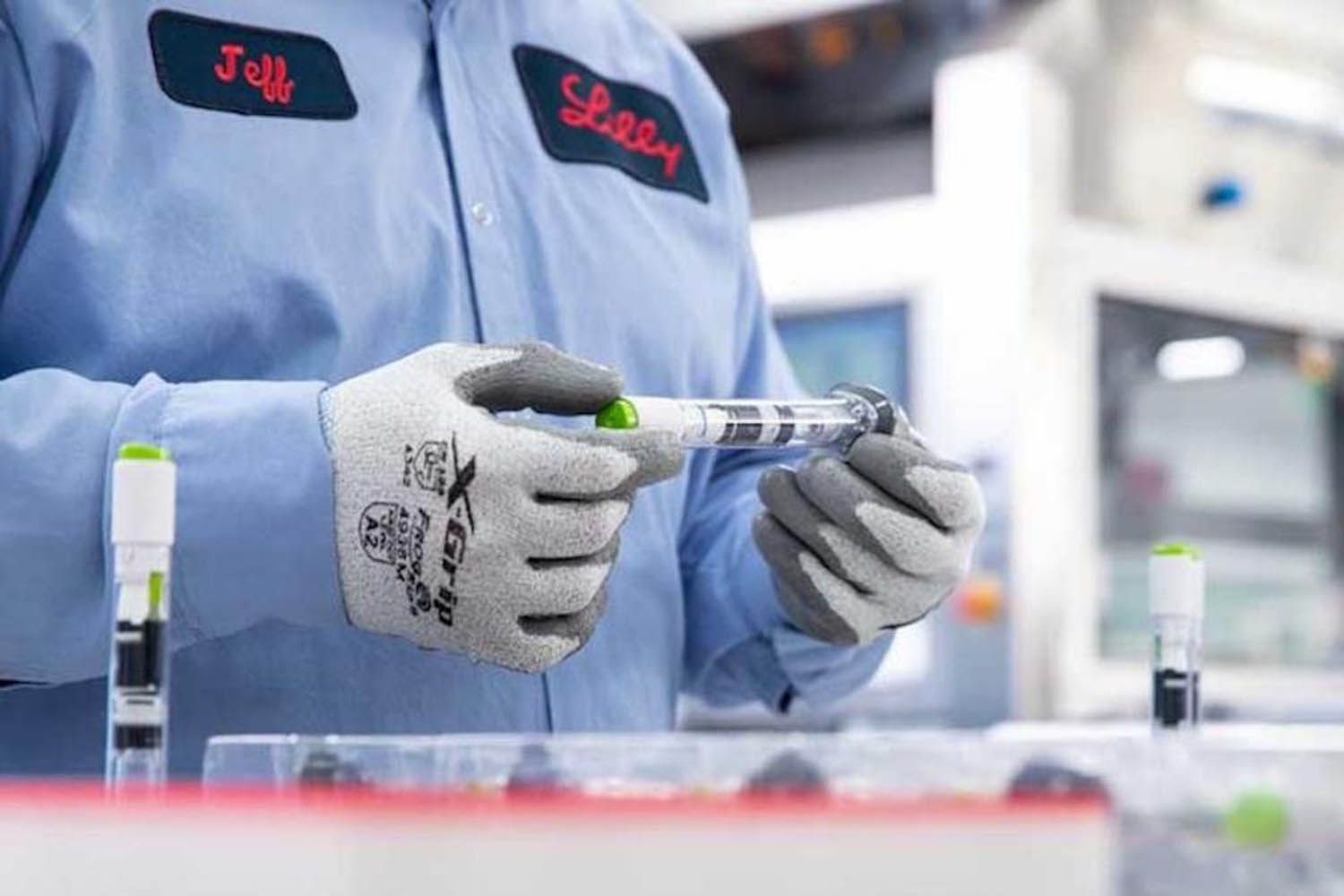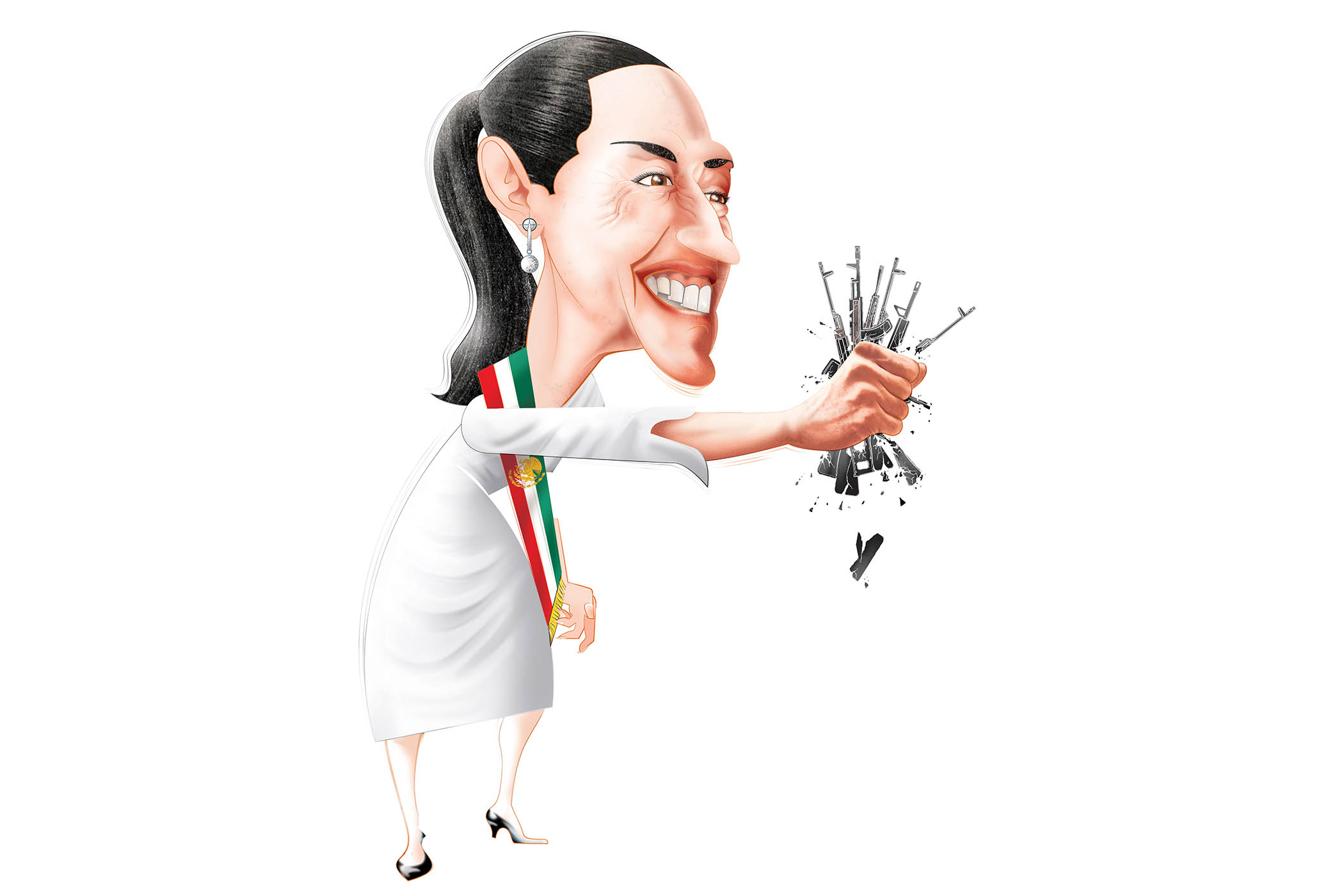The list price of the weight-loss drug Mounjaro rose by up to 170 per cent in the UK this week.
So what? Those who need it most may be left behind. Medicines used to shed the pounds promise to redefine our relationship with food, our waistlines and perhaps even the aging process itself. But cost hikes now threaten to
•
widen existing disparities in healthcare;
•
drive people towards an unregulated black market; and
•
encourage lower-income groups to sacrifice safety on the altar of weight.
Rise of the drugs. GLP-1s have entered popular discourse through brand names such as Ozempic, Wegovy, and Mounjaro. They are used by more than 1.5 million people in the UK, not just to treat diabetes – their original purpose – but also general weight loss.
How they work. The drugs mimic a natural hormone called glucagon-like peptide 1 that is released after eating, helping the body to produce more insulin and feel full. GLP-1s, which are currently administered via injection, are only available via prescription.
Impact. Weight-loss drugs have been used by a host of celebrities from Oprah Winfrey to Serena Williams, but this is the tip of the iceberg. Although GP1-s may be one of many factors, obesity rates stabilised in the UK last year and dropped for the first time in a decade in the US.
Other benefits. Scientific papers examining the impacts of GLP-1s are published almost every day. Last month alone research was published on links between the drugs and a reduced risk of endometrial, meningioma and ovarian cancers, chronic liver disease, and peptic ulcer disease.
On the other hand, GLP-1s have been connected to acute pancreatitis and the UK’s healthcare regulator is investigating whether there is a genetic link. The drugs have side effects such as nausea, and there are also risks of gallbladder disease and severe dehydration.
Mounjaro. Ozempic is only legal in the UK as a treatment for diabetes, leaving Mounjaro and Wegovy as the weight loss drugs of choice. Head-to-head trials found people on Mounjaro lost 20 per cent of their weight after 72 weeks of treatment, compared to 14 per cent for Wegovy.
The rules. Mounjaro has been available on the NHS since June under strict parameters. Patients must have a BMI of 40 or more, with at least four of five other conditions: type 2 diabetes, abnormal blood fats, sleep apnoea, cardiovascular disease and hypertension. This excludes many who are still seriously obese.
The result is that the vast majority of those on the drugs in the UK access them privately, and now at an increased expense.
•
Private prescriptions used to be about £1,500 a year.
•
The list price is now nearly £4,000 for the highest dose.
•
Rebates by Eli Lilly will lower the wholesale cost to roughly £3,000.
Newsletters
Choose the newsletters you want to receive
View more
For information about how The Observer protects your data, read our Privacy Policy
Those on lower incomes still face being priced out. “Obesity tends to affect more people from deprived regions,” said Nerys Astbury from Oxford University. “So unfortunately it may be increasing disparities in healthcare.”
Proof is in the data. Obesity affects 39 per cent of women and 30 per cent of men in the most deprived groups in England compared with 22 per cent of men and women in the least deprived cohort. There are also above average rates of obesity among
•
Black people;
•
Asian children; and
•
those with learning difficulties.
The kicker. Research has found that people who come off GLP-1s regain two-thirds of the weight they have lost within two years.
Market moves. Some patients tried to stockpile Mounjaro ahead of the price rises, prompting online pharmacies to announce they had run out. Eli Lilly, the American maker of the drug, also paused its supply last week.
What’s more… black market sellers will be rubbing their hands. More than 18,300 illegal weight loss products were seized by UK border police between January 2024 and June 2025. The true number of counterfeit products is likely to be much larger and demand will be sure to grow.
Photograph courtesy Eli Lilly




